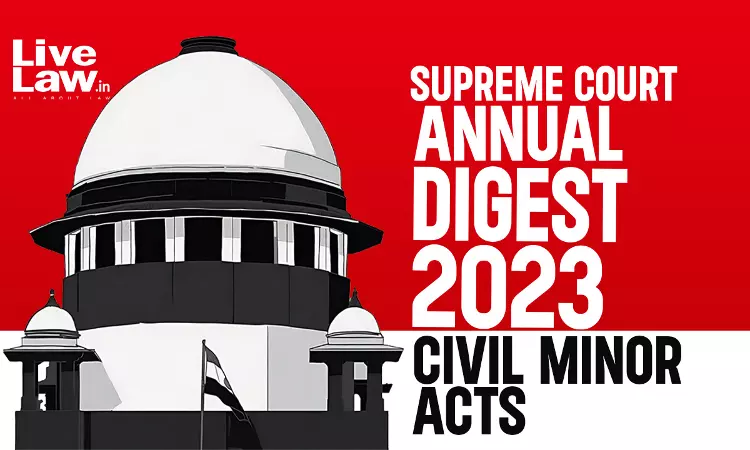Next Story
23 Feb 2024 6:02 PM IST
Administrative Tribunals Act, 1985Administrative Tribunals Act 1985 - The relevant State Government has the implied power to issue a request to abolish the SAT in its state to the Union Government. The Union Government in turn has the implied power to rescind the notification by which that SAT was established, thereby abolishing the SAT. (Para 59) Orissa Administrative Tribunal Bar Association...

